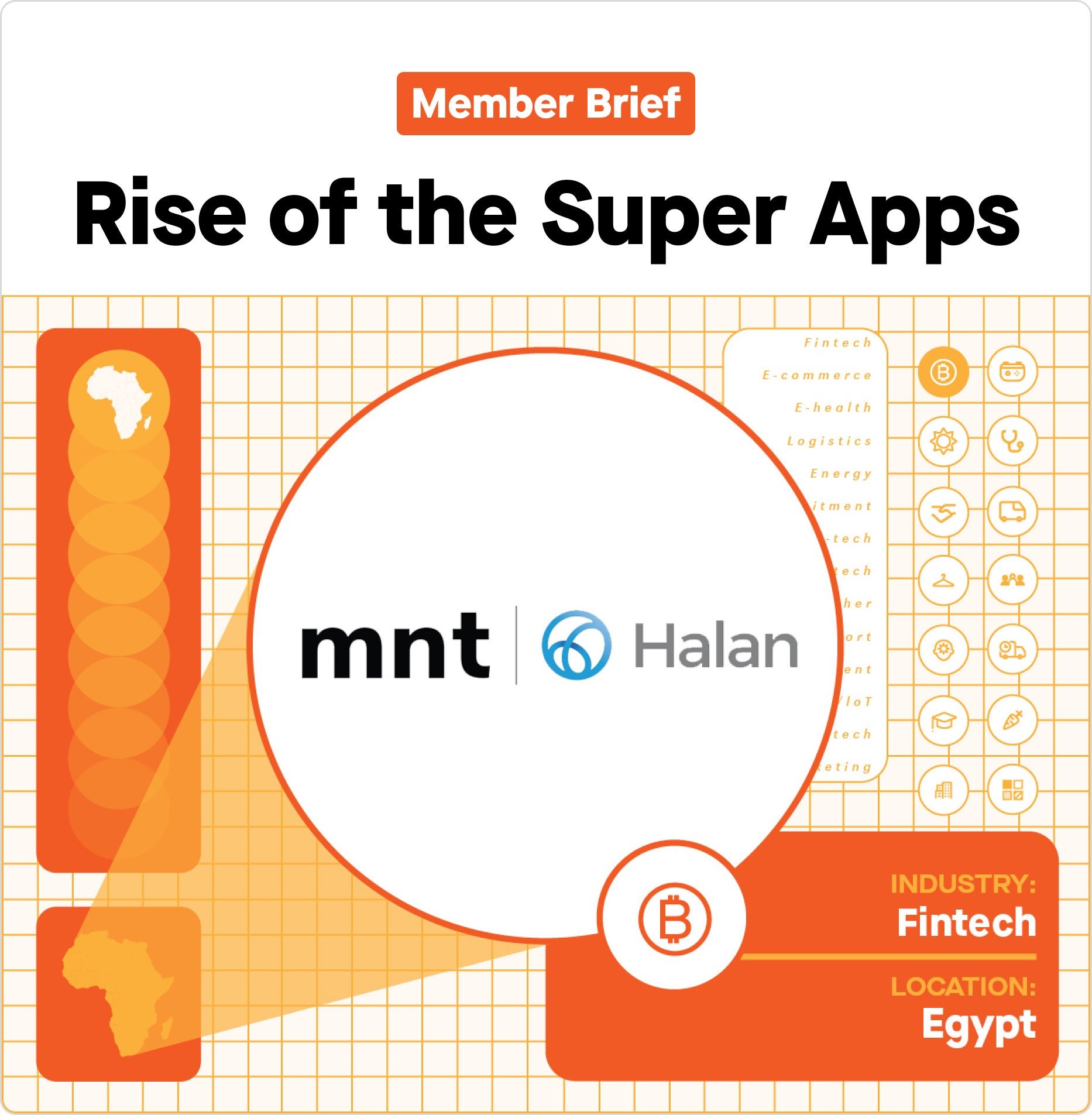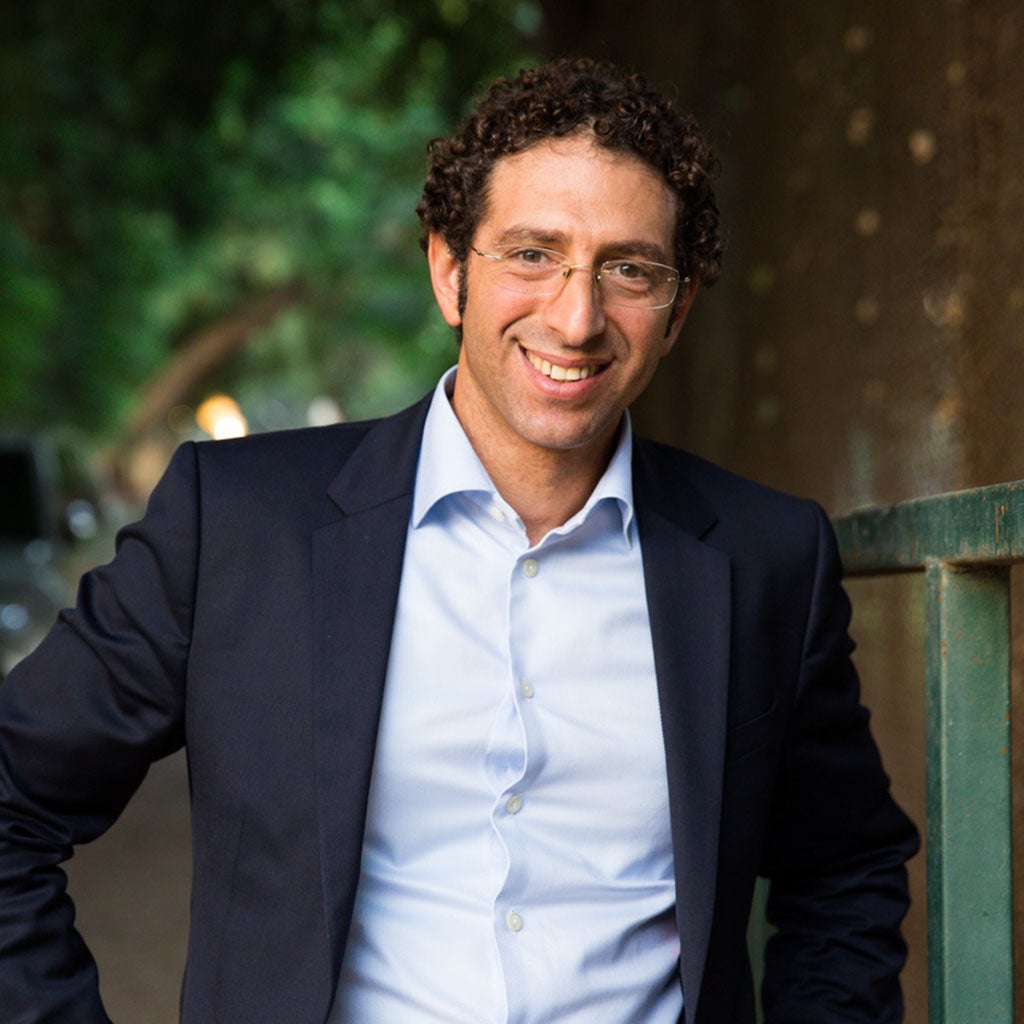✦ Rise of the Super Apps
The app to rule them all


Hi Quartz Africa members,
Elon Musk may be plotting the creation of super app X, but some African startups are way ahead of him. The interconnected nature of challenges and opportunities in financial inclusion, e-commerce, and logistics in Africa has provided a fertile ground for super apps that aim to seamlessly embed themselves in their users’ lifestyle.
Building standalone ecosystems that can do it all is becoming increasingly important for the startups competing to capture the lion’s share of a massive market: two-thirds of adults in sub-Saharan Africa lack access to formal financial services. Businesses and individuals need access to regulated credit, savings, insurance, consumer finance, better logistics, and secure transactions.
The possibilities are endless. For startups, expanding the range of services they offer is becoming a way of differentiating themselves as they vie for the same customer pool.
It is therefore no surprise that fintech continues to account for the largest share of venture capital funding on the continent. The sector represented 54% of the over $4 billion of venture funding for African startups in 2021. And in 2022, the mega-rounds—rounds above $100 million—have come almost exclusively from startups working in financial services and logistics.
Bundling and offering such important services in such a large and underserved market inevitably comes with its share of challenges. Navigating infrastructural and regulatory gaps, including taxation and compliance issues as well as building consumer trust and constantly innovating, is an arduous affair.
But startups are confident about the opportunities to be unlocked.
Cheat Sheet
💡The opportunity: Millions of Africans lack access to a wide range of formal financial services. Startups can offer multiple products including savings, lending, consumer finance, payments, and insurance.
🤔The challenge: Building consumer trust as well as navigating poor infrastructure, regulatory gaps, and multiple taxation can make it difficult for startups to affordably offer formal financial services.
🗺️The roadmap: Startups need to reach Africa’s large underserved market with affordable, tailored products that enable access to a range of important services, while working with other stakeholders to improve policies and infrastructure.
💰The stakeholders: Startups, governments, regulators, mobile money services, lenders
By the digits
54%: Fintech’s share of the venture funding of more than $4 billion raised by African startups in 2021
$330 billion: The financing gap for small and medium-size enterprises in Africa
73%: The proportion of adults in Egypt who are unbanked
60%: The proportion of utility bills paid by cash in Egypt
2/3: The proportion of adults in Africa who lack access to formal financial services
2.78%: The insurance penetration rate in Africa
Case study
MNT-Halan might only be five years old, but the emerging super app’s roots developed a decade ago. In 2009, MNT-Halan co-founder Mounir Nakhla, established Mashroey, an asset-finance company that helped drive sales of two- and three-wheelers in Egypt. He then ventured into microfinance in 2015 with the launch of Tasaheel, a licensed lender geared towards low-income earners. Tasaheel grew quickly, opening more than 200 branches in Egypt.
Realizing the opportunity in technology, Nakhla established Halan, a ride-hailing and logistics service, in 2017. But while Halan recorded over 10 million rides and deliveries, Nakhla saw no path to profitability and chose to expand into financial services, leveraging his microfinance background. “In 2019, we took a strategic decision to reduce investment in ride-hailing and logistics and move into financial services,” he told Quartz.
Neuron is MNT-Halan’s proprietary core banking software. Rolled out in 2021, the software powers wallets and processes transactions such as lending, payments, services for merchants, ride-hailing, and logistics. In July 2021, the startup secured a $120 million investment to fuel its growth and expansion, having issued more than $1.7 billion in loans.
MNT-Halan claims to be Egypt’s largest and fastest-growing lender to the unbanked and underbanked. According to the company, business loans represent 70% of its loan book, primarily taken by small businesses and traders in need of working capital. Consumer loans represent the rest. These are mostly taken by individuals purchasing appliances such as mobile phones and other electronics.
MNT-Halan recently introduced education loans, working with educational providers who refer customers by offering them the credit payment option through the company. It has invested heavily in growing its team, and currently has around 150 engineers.
MNT-Halan ventured into B2B e-commerce in June 2022 with its acquisition of Talabeyah, which enables small retailers to order fast moving consumer goods (FMCG) supplies directly and offers next-day delivery. The acquisition will boost MNT-Halan’s offering for small businesses by expanding its credit offering for SMEs, which already make up much of its loan book. The B2B e-commerce space in Africa has become increasingly attractive for investors. Startups in the space have been raising bigger rounds of funding, such as Wasoko’s $125 million Series B in March.
To ease pressure on its balance sheet and unlock capital for further growth, MNT-Halan in June also announced the securitization of around $150 million of its loan book in the issuance of a $600 million program with Commercial International Bank (CIB), the largest privately owned bank in Egypt.
In conversation with

🛍️ On why MNT-Halan acquired Talabeyah:
“Talabeyah is a fast-moving consumer goods disruptor. It has a catalog for retailers. We issue a loan to the merchant paid over seven days and then they can reorder from Talabeyah. The process is 100% digital.”
💸 On the securitization of part of its loan book:
“We’ve been growing very very fast and faced a cash squeeze last year. We needed about $70 million every year to grow. We needed to find funds to grow, and that’s why we basically signed a contract for $600 million.”
🗺️ On plans for expansion:
“In Egypt we’re consolidating and adding more verticals, including insurance. But we’re also looking at expanding further in Africa and possibly South Asia.”
More Super Apps to 👀
Gozem, a Francophone Africa-focused super app with services including transport, e-commerce, and financial services, raised a $5 million Series A in November 2021. It was established in 2018 as a motorcycle ride-hailing service before expanding into financial services.
Jambo, a Web3 super app integrating ride-hailing, banking, communication and food delivery, raised a $7.5 million round from prominent crypto investors in February 2022, three months after its launch. It aims to use decentralized finance (DeFi) services including currency exchanges and remittances as well as play-to-earn gaming to boost the use of web3 financial ecosystems in Africa.
Safaricom, East Africa’s largest telco, plans to hive off its mobile money service M-Pesa into a separate company by 2023. The M-Pesa super app, unveiled in 2021, includes mini-apps linked to different service providers including transport, health, and insurance providers all integrated with the mobile money platform.
This member brief was prepared while listening to BTW and more music by Maandy, Exray, and Trio Mio 🇰🇪. Have a happy, productive week!
—Martin Siele, Nairobi-based contributor
One 💰 thing
As of July 2022, Africa accounted for 70% of the world’s $1 trillion mobile money value, according to GSMA data.